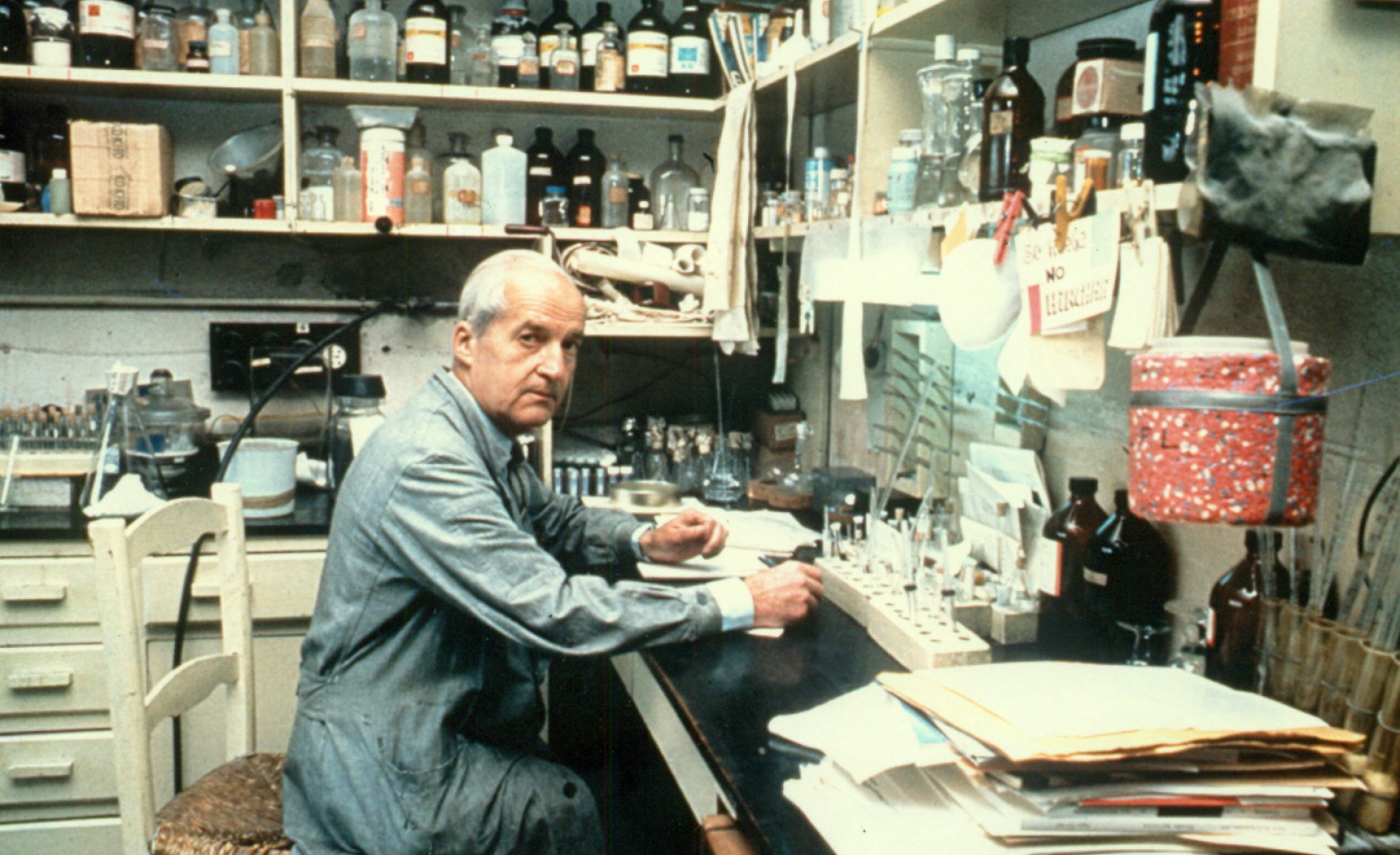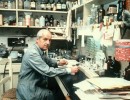This 2 December marks the 37th anniversary of the death of Luis Federico Leloir, a prominent Argentine biochemist and Nobel Laureate in Chemistry. Renowned for his humility and commitment to science, Leloir marked a milestone in the history of biochemistry with his discovery of the process by which organisms transform sugars into energy, a breakthrough that revolutionised the understanding of metabolic processes essential for life.
In 1970, this discovery enabled a more profound approach to the congenital disease galactosemia, offering solutions for patients all over the world. The impact of his scientific contributions transcended Argentina's borders, becoming a source of inspiration for generations of researchers both nationally and internationally.
Luis Federico Leloir was a member of the research team led by the prestigious physician Bernardo Houssay, who was also awarded the Nobel Prize. His work at the Biochemical Research Institute of the Campomar Foundation consolidated Argentina as a reference in the global scientific arena.
Leloir died on 2 December 1987 in Buenos Aires at the age of 81. His legacy was honoured with national mourning, a recognition that reflected the country's deep respect and admiration for him. He was buried in Recoleta Cemetery, where his memory lives on as one of the pillars of Argentine science.
On this new anniversary of his departure, we remember not only his contributions to scientific knowledge, but also his example of dedication and modesty, fundamental values for the construction of a fairer society committed to collective progress.

